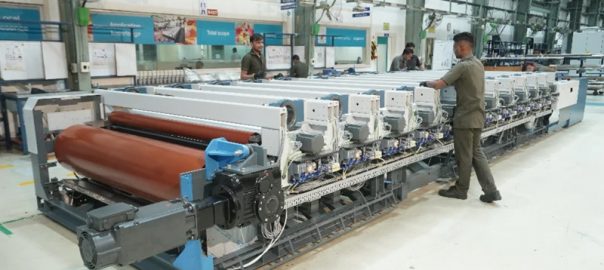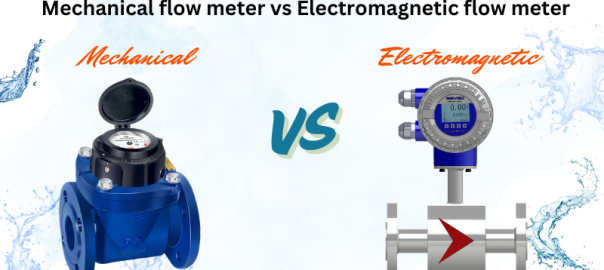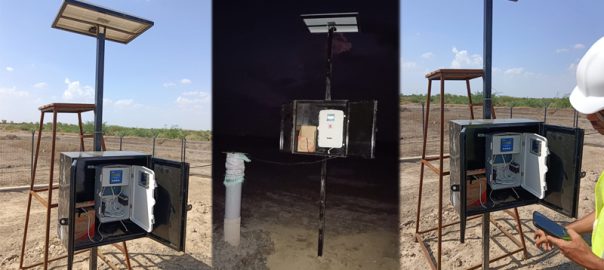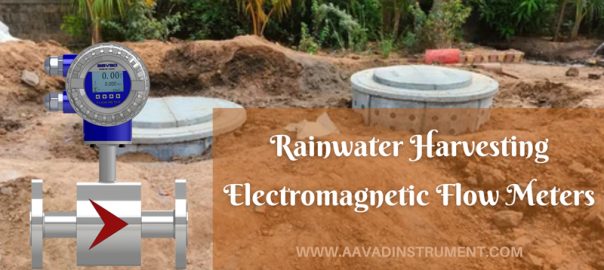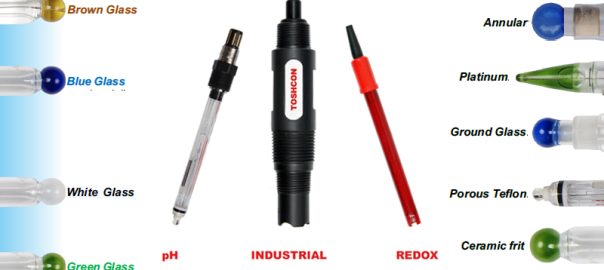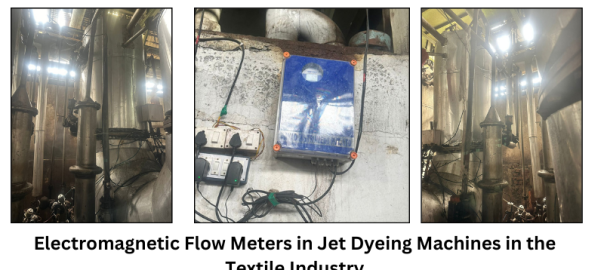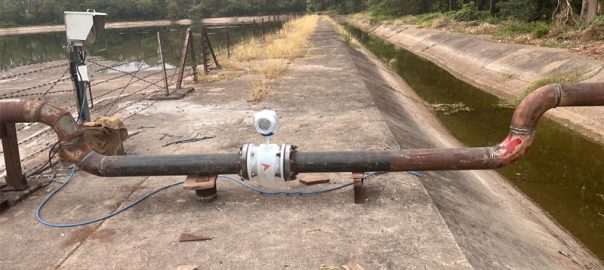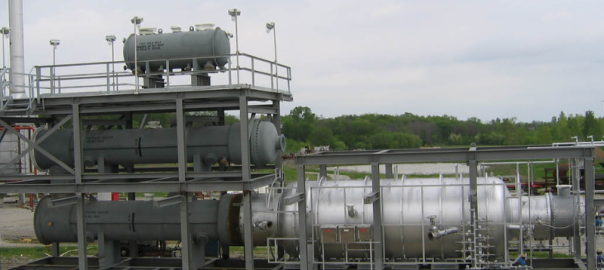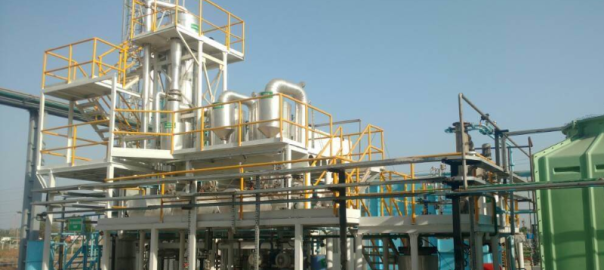
Thermocouples work on the principle of the Seebeck effect, which is the generation of a voltage when two different metals are in contact at two different temperatures. When the two metals are connected at one end, a voltage is generated at the other end proportional to the temperature difference. This voltage is measured and converted into temperature using a reference table or a computer algorithm.
Applications of Thermocouples
Thermocouples are widely used in various industries and applications, including:
Temperature measurement in manufacturing processes: Thermocouples are used to measure the temperature of liquids, gases, and solids in manufacturing processes to ensure quality control and safety.
Automotive industry: Thermocouples are used to measure the temperature of engine components and exhaust gases in the automotive industry to optimize performance and reduce emissions.
Aerospace industry: Thermocouples are used to measure the temperature of engine components, fuel systems, and environmental control systems in the aerospace industry to ensure safety and optimal performance.
Food industry: Thermocouples are used to measure the temperature of food products during processing and storage to ensure food safety and quality.
Conclusion
Thermocouples are essential temperature sensors used in a wide range of applications. They work by measuring the voltage difference between two different metals at two different temperatures, allowing for accurate temperature measurement. By understanding the different types of thermocouples and their applications, you can select the right type of thermocouple for your specific needs

